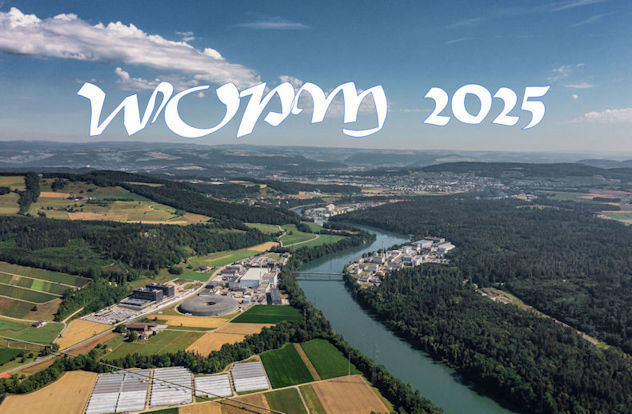Speaker
Description
The modulated single-beam Spin-Exchange Relaxation-Free (SERF) optically pumped magnetometers (OPMs) hold significant promise for applications in biomagnetic measurements. Achieving the SERF regime requires a high atomic number density, which necessitates a stable thermal control system for the vapor cell. Conventionally, the vapor cell temperature is measured by the platinum resistance sensor. However, its measurements are non-in-situ and sensitive to positioning. In this study, we demonstrate an approach to control the vapor cell temperature by utilizing the ratio of the second harmonic to the DC component of the transmitted light signal as a feedback parameter for closed-loop temperature regulation. This method enables real-time, in-situ temperature control using the OPM’s optical signal, while exhibiting reduced susceptibility to fluctuations in incident light power.
Experimental results as shown in Fig. 1(a) indicate that this ratio-based feedback is less affected by variations in incident light compared to the DC signal feedback alone. We conduct long-term testing under externally applied disturbances, demonstrating the system's stability and robustness, as shown in Fig. 1(b). Taken together, the results in Figs. 1(a) and 1(b) confirm that this thermal control method effectively suppresses the influence of incident light power fluctuations on optical temperature sensing and satisfies the thermal stability requirements of SERF OPMs, with resistance to external disturbances.

